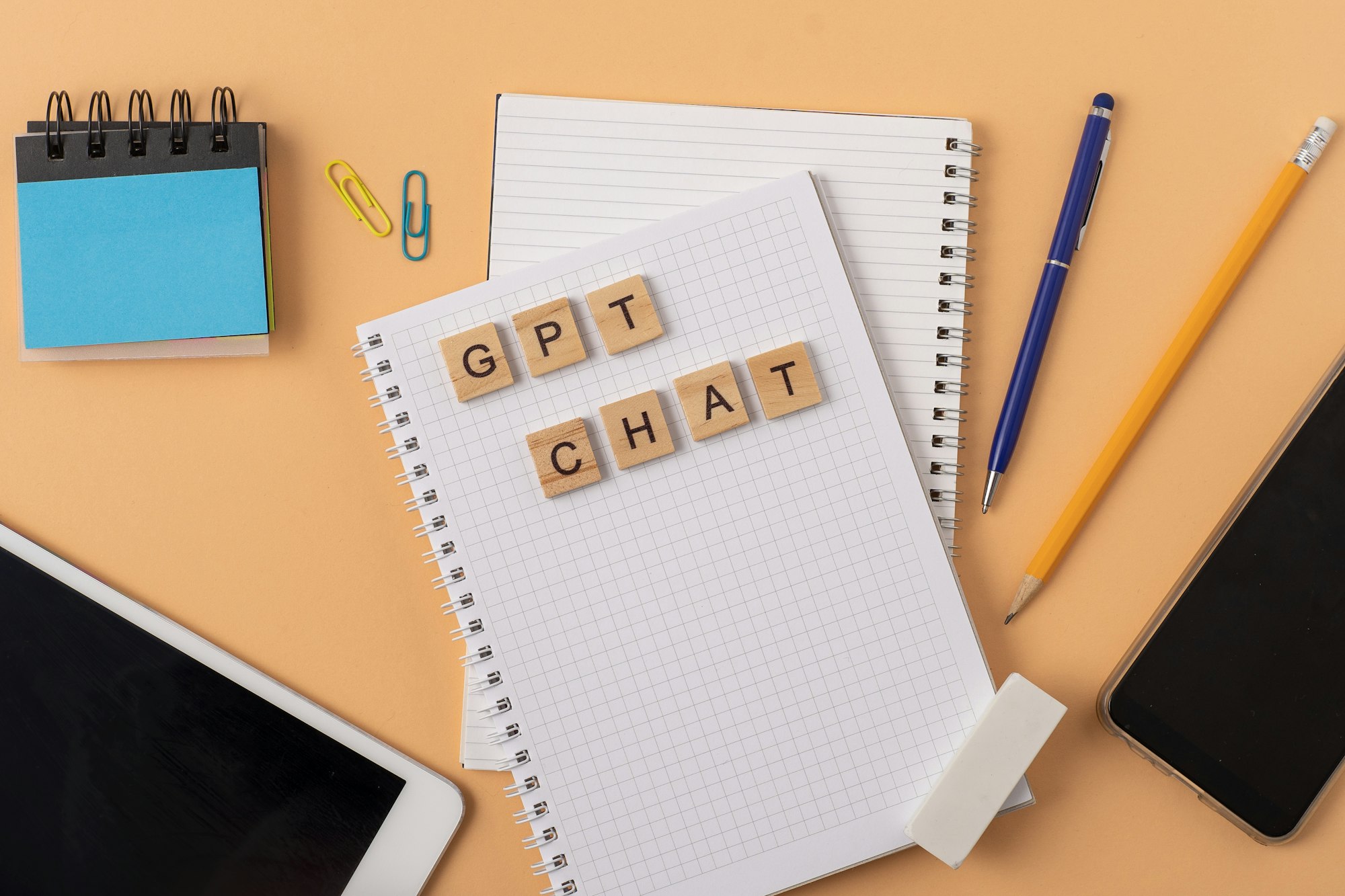As AI like ChatGPT gets more advanced, people are testing it in new and sometimes edgy ways. This includes trying to see if the AI will participate in flirty or suggestive talk. While this kind of testing might be intriguing, it also brings up important questions about how these AIs are programmed to handle sensitive topics.

Built-in Rules and AI Limitations
ChatGPT, like other AIs from OpenAI, follows strict rules to avoid any inappropriate or harmful conversations. These rules are essential to make sure that interactions with the AI are safe and suitable for everyone. However, people’s curiosity about what AI can do often leads them to test these boundaries, which has sparked debates about whether these AI systems need even tighter controls or clearer limits.
For example, a viral TikTok video showed users asking ChatGPT to respond to flirty comments. The AI managed to keep the conversation light and playful without crossing into inappropriate territory, sticking to its programmed guidelines. This experiment showed how AI can handle tricky conversations and still stay within safe boundaries.
How AI Reacts to User Inputs
The way ChatGPT responds depends a lot on what users say to it. It can vary its tone from fun to serious based on the conversation’s context. This ability to adjust shows the sophisticated technology behind the AI, which uses a large dataset and complex algorithms to figure out and respond to different scenarios.
But there’s a limit to how much it can bend. ChatGPT is designed to politely decline or steer away from conversations that could become unethical or uncomfortable. This feature is crucial for keeping interactions respectful and safe.
As AI continues to evolve, the conversation about its role in society does too. It’s important for the community to keep refining the ethical guidelines that shape AI development and use. By doing so, we can ensure that AI remains a helpful and safe tool for everyone, while respecting common social standards and values.

FAQs
1. Can ChatGPT engage in flirtatious or suggestive conversations?
ChatGPT is designed to follow strict ethical guidelines that prevent it from engaging in inappropriate or suggestive conversations. While it can respond in a playful tone depending on the input, it will not cross into explicit or harmful territory, as it’s programmed to maintain safe and respectful interactions.
2. How does ChatGPT decide how to respond to different types of conversations?
ChatGPT’s responses are heavily influenced by the context and phrasing of the user’s input. It uses advanced algorithms and a large dataset to interpret what the user is asking and adjust its tone accordingly. However, it has built-in limits to ensure it doesn’t participate in unethical or uncomfortable exchanges.
3. Why is it important to have ethical guidelines for AI like ChatGPT?
Ethical guidelines are crucial for ensuring that AI interactions remain safe, respectful, and appropriate for all users. As AI technology becomes more advanced, these guidelines help prevent misuse and protect users from potentially harmful or offensive content. Continuous evaluation and updating of these guidelines are necessary as AI evolves to keep it aligned with societal norms and values.
Sources The Guardian


